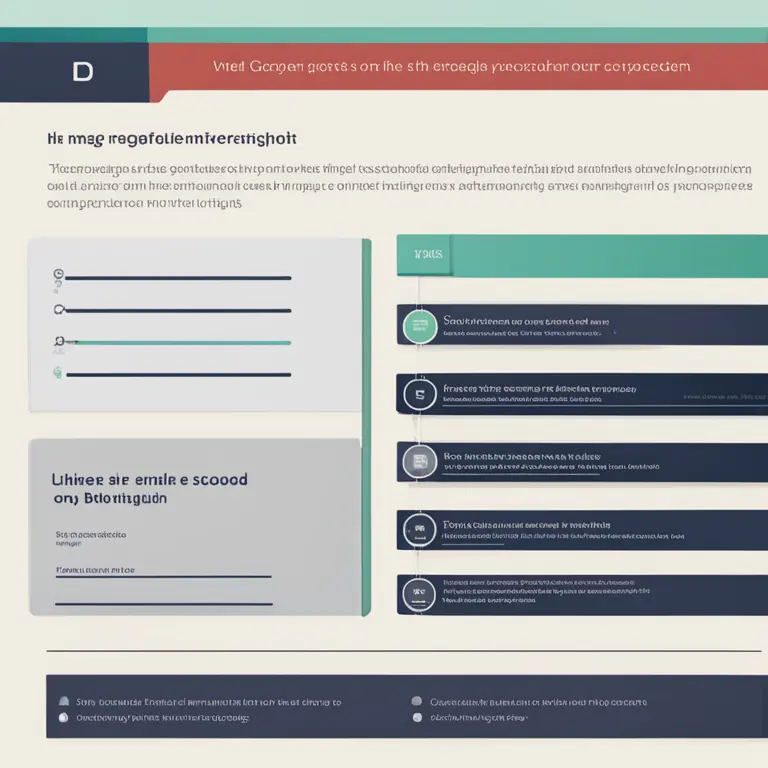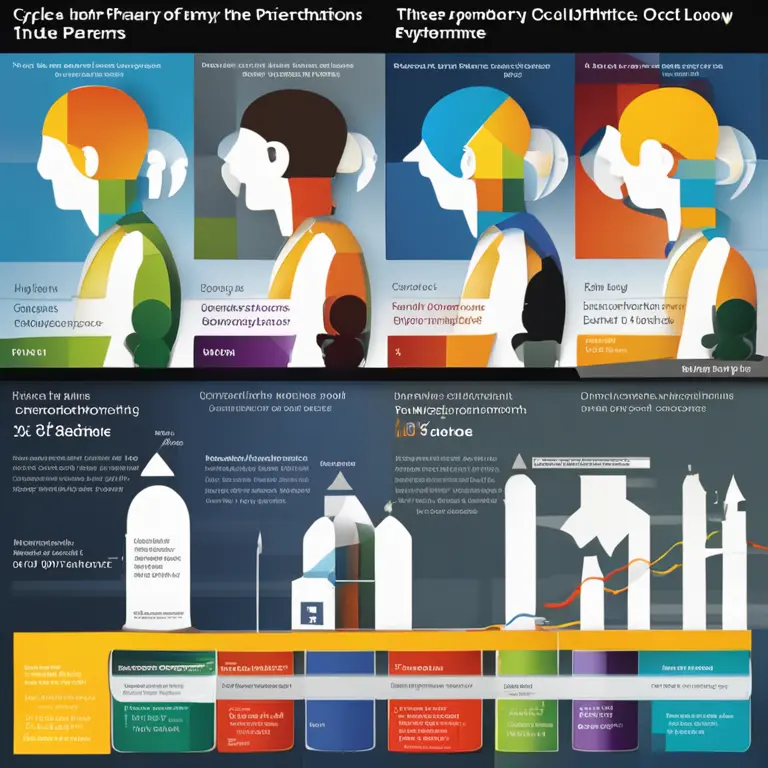
The Rhythms Within: Your Guide to Biorhythms
Delve into the realm of biorhythms and discover how they influence your daily life and personal well-being in profound ways.
article by Adrian Wallace
What Are Biorhythms?
Biorhythms are a complex, intriguing concept purporting that human life is influenced by rhythmic biological cycles. The theory suggests that from the moment of birth, individuals experience cyclic patterns that affect their physical, emotional, and intellectual well-being. While it's not a scientifically proven discipline, enthusiasts attribute great importance to these cycles, believing that they can significantly impact our daily lives. The concept originated in the late 19th century and has since evolved, capturing the interest of those seeking to harmonize with their body's natural rhythms.

Biorhythmic Cycles Explained
Three primary cycles are at the heart of biorhythmic theory: the Physical (23 days), Emotional (28 days), and Intellectual (33 days) cycles. Each begins at a zero point at birth and oscillates in a sine wave pattern: above the line represents a high phase, below, a low phase. Proponents believe that understanding these patterns can help individuals anticipate their days of peak performance or caution. In recent years, the addition of a fourth, Intuitive cycle (38 days), has gained some popularity, purportedly adding another layer to personal insights.

Modern Day Biorhythm Calculators
With advancements in technology, monitoring one's biorhythms has never been more accessible. A surge of digital tools and apps designed to calculate personal biorhythms has emerged, tapping into an audience eager to glean insights into their biological patterns. Users input their birth date, and the software generates a chart mapping out their various cycles over days, weeks, or even months. This modern approach allows individuals to plan around their high and low cycles, potentially optimizing their activities for better outcomes.

The Skeptics' View of Biorhythms
Despite the popularity of biorhythms among some demographics, the scientific community largely regards the concept with skepticism. Major studies have failed to produce evidence supporting the influence of biorhythms on people's physical states or life outcomes. Critics view the practice as a pseudoscience, emphasizing that humans are complex beings, and reducing human experiences to mere cycles could be overly simplistic and potentially misleading.
Applications in Daily Life
Advocates for biorhythms often use their knowledge of cycles to make decisions about personal activities, relationships, and work. For instance, they might prefer to schedule important meetings or events during their intellectual high. Athletes might plan their training around their physical cycle peaks, and individuals might approach relationship conversations with more caution during emotional lows. While individual experiences vary, the focus is on aligning activities to predicted cycles of well-being and performance.
Embracing Biorhythms with Caution
As you explore the world of biorhythms, it's vital to approach them as a supplementary guide rather than an infallible system. While many find value in this holistic practice, it's important to combine such insights with other well-founded approaches to health and decision-making. Biorhythms might offer an additional perspective, but they should coexist with personal intuition, medical advice, and empirical evidence when making crucial life decisions.
Published: 1/30/2024
Modified: 1/30/2024
More predictions
Come back here soon to learn more about yourself and your future


Sync Your Cycles for Harmony With Biorhythms
Delve into the synchronization of personal biorhythms to enhance relationship compatibility and understand its role in fostering deeper connections.


A Guide to Biorhythms Journey
Embark on a journey of self-discovery through the science of biorhythms to optimize your life's potential.


Unlocking The Biorhythms Guide
Delve into the fascinating world of biorhythms to learn how they influence your physical, emotional, and intellectual states, potentially shaping your daily life and decisions.